Which specific B vitamin is particularly important for energy metabolism in men, and why might active men need more of it?
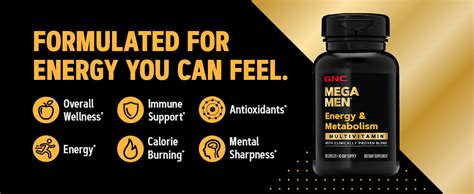
The Vital Role of Riboflavin (Vitamin B2) in Male Energy Metabolism
The B vitamin complex is a group of eight essential nutrients, each playing a unique yet interconnected role in converting the food we eat into usable energy. While all B vitamins are crucial, one specific member stands out for its particularly pivotal role in energy metabolism, especially in men: Riboflavin, commonly known as Vitamin B2.

Riboflavin’s Core Function: Powering the Cellular Engine
Riboflavin is a precursor to two critical coenzymes: flavin adenine dinucleotide (FAD) and flavin mononucleotide (FMN). These coenzymes are indispensable for numerous enzymatic reactions involved in energy production within the body’s cells. Specifically, FAD and FMN are key players in:
- The Krebs Cycle (Citric Acid Cycle): A central metabolic pathway that generates electron carriers from the breakdown of carbohydrates, fats, and proteins. FAD is directly involved in several steps here.
- The Electron Transport Chain (ETC): The final and most prolific stage of aerobic respiration, where the majority of ATP (adenosine triphosphate) – the body’s energy currency – is generated. FAD and FMN serve as electron acceptors and donors, facilitating the flow of electrons that drive ATP synthesis.
- Beta-oxidation: The process of breaking down fatty acids into energy, where FAD is also required.
Without adequate Riboflavin, these fundamental energy-producing pathways would falter, severely impairing the body’s ability to create energy from macronutrients.
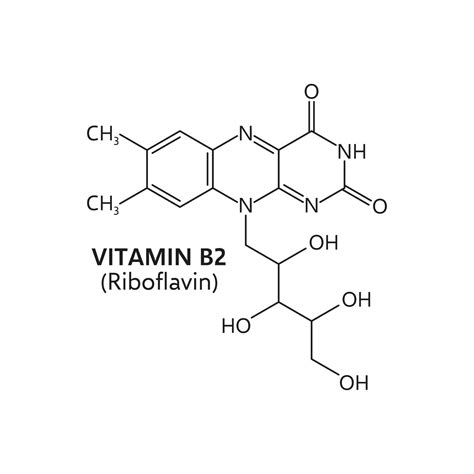
Why Riboflavin is Particularly Important for Men
While vital for everyone, Riboflavin’s role is particularly pronounced in men due to several factors:
- Higher Basal Metabolic Rate: Men generally have a higher muscle mass and thus a higher basal metabolic rate compared to women, meaning their bodies naturally burn more calories at rest. This necessitates a more efficient energy production system, heavily reliant on Riboflavin.
- Muscle Function and Maintenance: Riboflavin’s contribution to ATP production directly impacts muscle contraction, repair, and growth. Adequate energy is paramount for maintaining muscle mass, which is often a significant health and fitness goal for men.
- Hormonal Balance: Though indirectly, efficient energy metabolism supports overall bodily functions, including endocrine health, which is crucial for maintaining optimal male hormone levels.
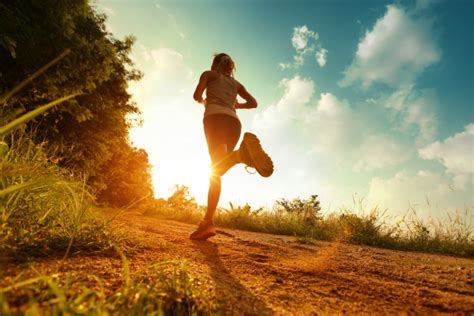
The Increased Need for Active Men
For active men, the demand for Riboflavin escalates significantly. Here’s why:
- Increased Energy Expenditure: Physical activity, especially intense or prolonged exercise, dramatically increases the body’s energy demands. To meet this, the metabolic pathways (Krebs Cycle, ETC) must work overtime, requiring a continuous and ample supply of FAD and FMN from Riboflavin.
- Higher Metabolic Turnover: Active individuals experience a faster turnover of metabolic cofactors due to the constant stress and repair cycles induced by exercise. This can lead to increased excretion or utilization of certain nutrients, including B vitamins.
- Oxidative Stress: Intense exercise generates reactive oxygen species, leading to oxidative stress. Riboflavin is indirectly involved in antioxidant defenses, as some flavin-dependent enzymes play a role in reducing oxidative damage.
- Muscle Repair and Growth: Post-exercise recovery involves complex processes of muscle protein synthesis and repair, all of which are energy-intensive. Sufficient Riboflavin ensures these processes have the necessary energy to proceed efficiently.
- Potential for Loss: While not as significant as some water-soluble vitamins, some Riboflavin can be lost through sweat, especially during prolonged, strenuous activity in hot environments, further contributing to increased needs.
Insufficient Riboflavin intake in active men can manifest as fatigue, reduced exercise performance, muscle weakness, and impaired recovery, directly hindering their fitness goals and overall well-being.
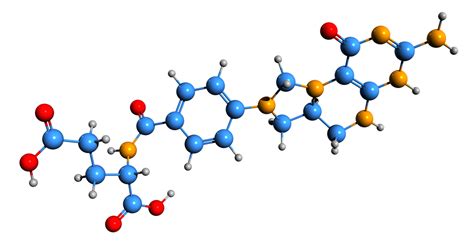
Ensuring Adequate Riboflavin Intake
The good news is that Riboflavin is widely available in many common foods. Excellent sources include:
- Dairy products (milk, yogurt, cheese)
- Lean meats (beef, poultry)
- Eggs
- Fortified cereals and breads
- Green leafy vegetables (spinach, broccoli)
- Mushrooms
- Almonds
For active men, focusing on a varied and nutrient-dense diet is typically sufficient to meet Riboflavin needs. However, those with very high training volumes, restrictive diets, or certain medical conditions might consider supplementation under the guidance of a healthcare professional.
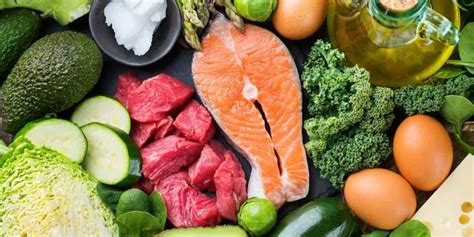
Conclusion
Riboflavin (Vitamin B2) stands out as a particularly important B vitamin for energy metabolism in men, fundamentally driving the conversion of food into the ATP required for all bodily functions, especially muscle activity. For active men, whose energy demands are significantly higher, ensuring optimal Riboflavin intake is not just beneficial, but essential for maintaining peak performance, efficient recovery, and overall health. Prioritizing Riboflavin-rich foods in the diet is a simple yet powerful strategy to support a vibrant and active lifestyle.








